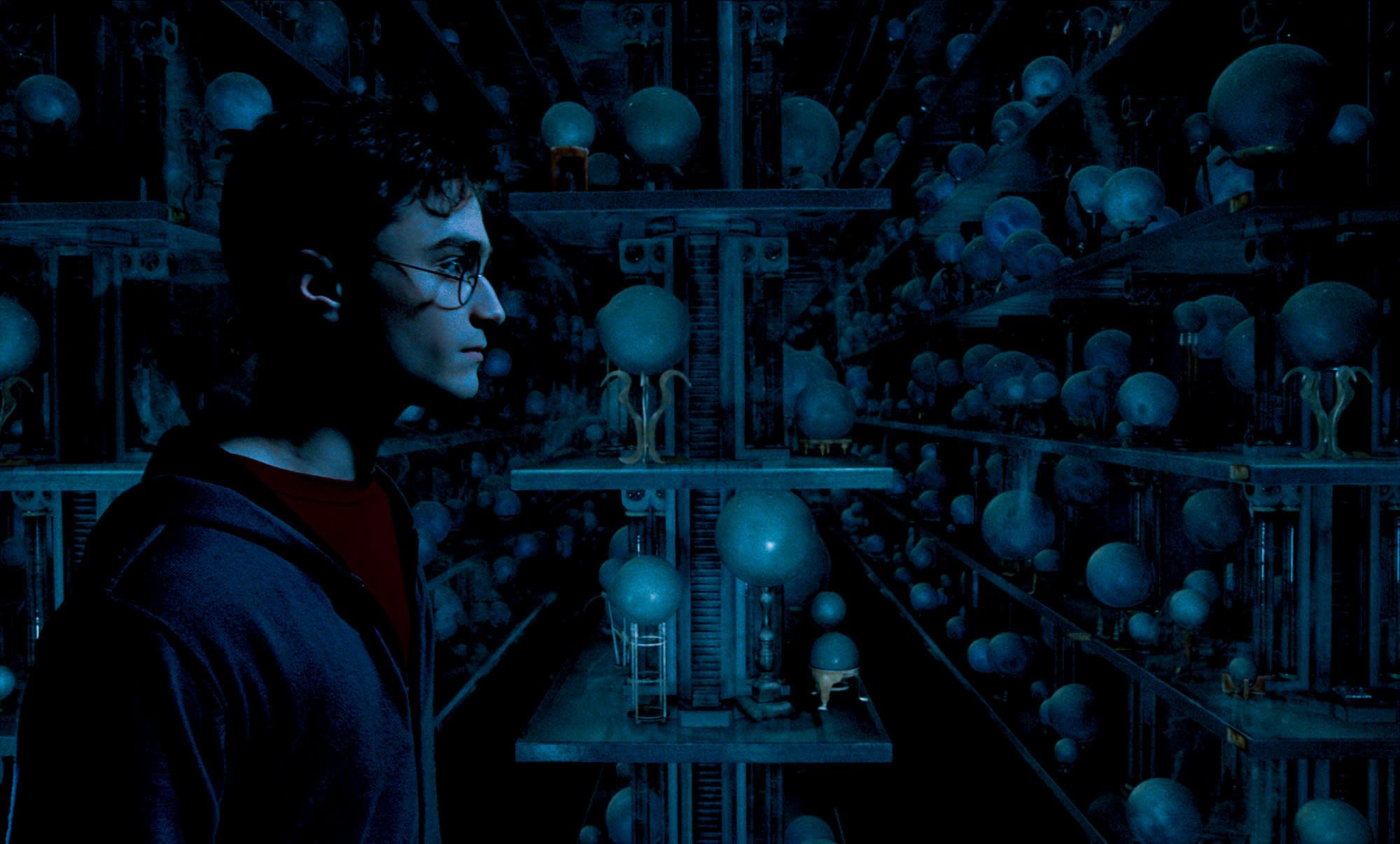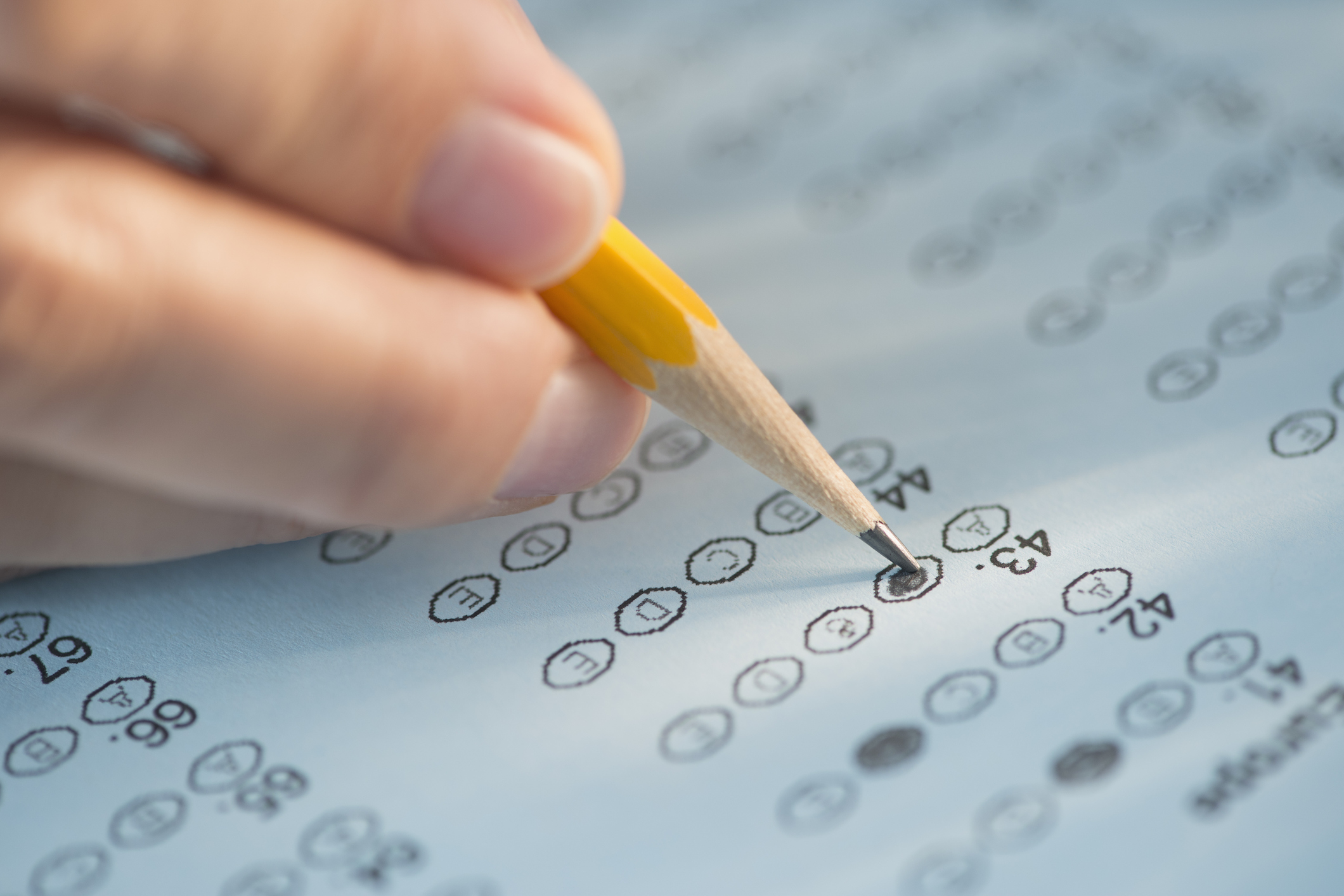
I’m sure many of you have probably taken a standardized test at one point in your life, whether it be high school end-of-the-year examinations or the dreadful SATs that are used to examine one’s level of college preparedness. However, it seems that many of these standardized tests are criticized for their accuracy. Mostly, it seems that standardized testing measure how good one is at taking tests and not necessarily their preparedness. A similar standardized test is seen in Harry Potter and the Order of the Phoenix.
In their 5th year at Hogwarts School of Witchcraft and Wizardry, Harry, Ron, and Hermione spend their time preparing for the upcoming O.W.L (Ordinary Wizarding Level) Exams, mandated by the Ministry of Magic. These exams are administered at the end of the year as a means to examine the students’ level of preparedness for specific subjects they undertook in the first 4 years at Hogwarts, including but not limited to Herbology, Defense Against the Dark Arts, Potions, Divination, Transfiguration, and Care for Magical Creatures. Scores are then provided to students during the summer before their 6th year, whereby they are then are then able to figure out their 6th year schedules for their N.E.W.T (Nastily Exhausting Wizarding Test) classes, which are also provided with a end-of-the-year examination.
Throughout Order of the Phoenix, Harry and his classmates meet with their head of Houses (for Harry, Ron and Hermione, it is Professor McGonagall) to determine what their career goals are. These career goals, as explained by Professor McGonagall, are determined by the scores obtained in the O.W.Ls. Harry expresses to Professor McGonagall that he wishes to be an Auror, a wizard who is trained to catch Dark Wizards. Professor McGonagall advises him to do well on Transfiguration, Defense Against the Dark Arts, Charms, and the most dreadful one, Potions, Harry’s least favorite subject due to this dislike of Professor Snape.

It seems as though these standardized tests are attempting to examine one’s future potential, without taking into consideration other factors that may affect one’s test performance. For example, Harry collapsed during his History of Magic tests due to his worrying about the reoccurring dream at the Department of Mysteries. Thus, Harry’s performance was not solely affected by his knowledge of the subject area, but also affected by his stressors pertaining to Voldemort’s thoughts. Harry, unlike other students, deals with more stress than the average student at Hogwarts, which possibly led him to perform poorly on the History of Magic exam.
This is very similar to the use of standardized tests in the United States. For underrepresented students in minority populations, high scores on standardized tests like the SAT or the GRE are more difficult to achieve due to outside factors. Well-resourced students are given tutoring opportunities and other resources that allow them to perform better than underrepresented students. Thus, these standardized tests do not do well in predicting career success as it does not consider factors that may affect scores.
Moreover, after the meeting with Professor McGonagall, Harry feels overwhelmed and doubts his ability to perform well in Potions, as he is often given bad grades by Professor Snape in his class. However, it may not actually be that Harry is bad at potions, but just due to the fact that Snape gives him a hard time and does not let him concentrate well. The O.W.L. tests the ability to perform well in each class, and Harry finds himself able to perform well on the Potions exam as Snape is not the examiner.

Additionally, the standardize tests in the Harry Potter series seems to also test practical skills acquired by each subject, that is, using it in the real world and not just in the classroom. This is something that contrasts with U.S. standardized tests that I’m used to taking. All the material tested in SAT or GRE exams do not do well in testing practical skills that are specific to each individual’s career goals. Rather, what it actually does is attempt to assess a person’s skill level on subject areas that are very general, like math and reading. Thus, it is difficult to see how students will perform in the outside world due to the fact that practical skills are not examined. Most of the time, students are filling in a bubble sheet without using any critical or creative thinking.
In conclusion, I think that standardized testing in the Harry Potter world has many similarities and differences as that of the real world in which we live in, as I’ve discussed in this blog post.
Hope you enjoyed it, thank you again! 🙂
2 responses to “Standardized testing in Harry Potter: The O.W.L. exams”
Hi Brittney, I really enjoyed this post. Given that I have not taken a standardized test since High School this post definitely bought back some memories regarding the stress on these tests. The points you made really echo the sentiments of many around the country, as standardized testing has become so engrained in out educational system. I agree that there are outside factors that can effect a test-takers results and that this should be accounted for. Tying these real-world problems with the Wizarding world was really interesting and I am glad you were able to make the connection. This was very well-written and was also engaging, forcing me as a reader to look back on my experiences with testing. Great job!
Hey Britney!
I really liked how you connected the OWL standardized testing to our standardized tests (for most, we’d connect this with the SAT or ACT especially since at Harry’s age we’d be taking these two). I also liked how you explained events that would hinder academic performance similar to how life events could hinder ours in real life too! Although we may not collapse from prophetic illusions such as Harry, we do also experience stress that prevents us from showcasing our potential and thus standardized testing is not an accurate depiction on an individual’s capabilities. Rowling showing Harry’s perspective of struggling with his mental well-being in the midst of the OWL exams highlights how the test doesn’t take into account personal struggles as well.
Great job!